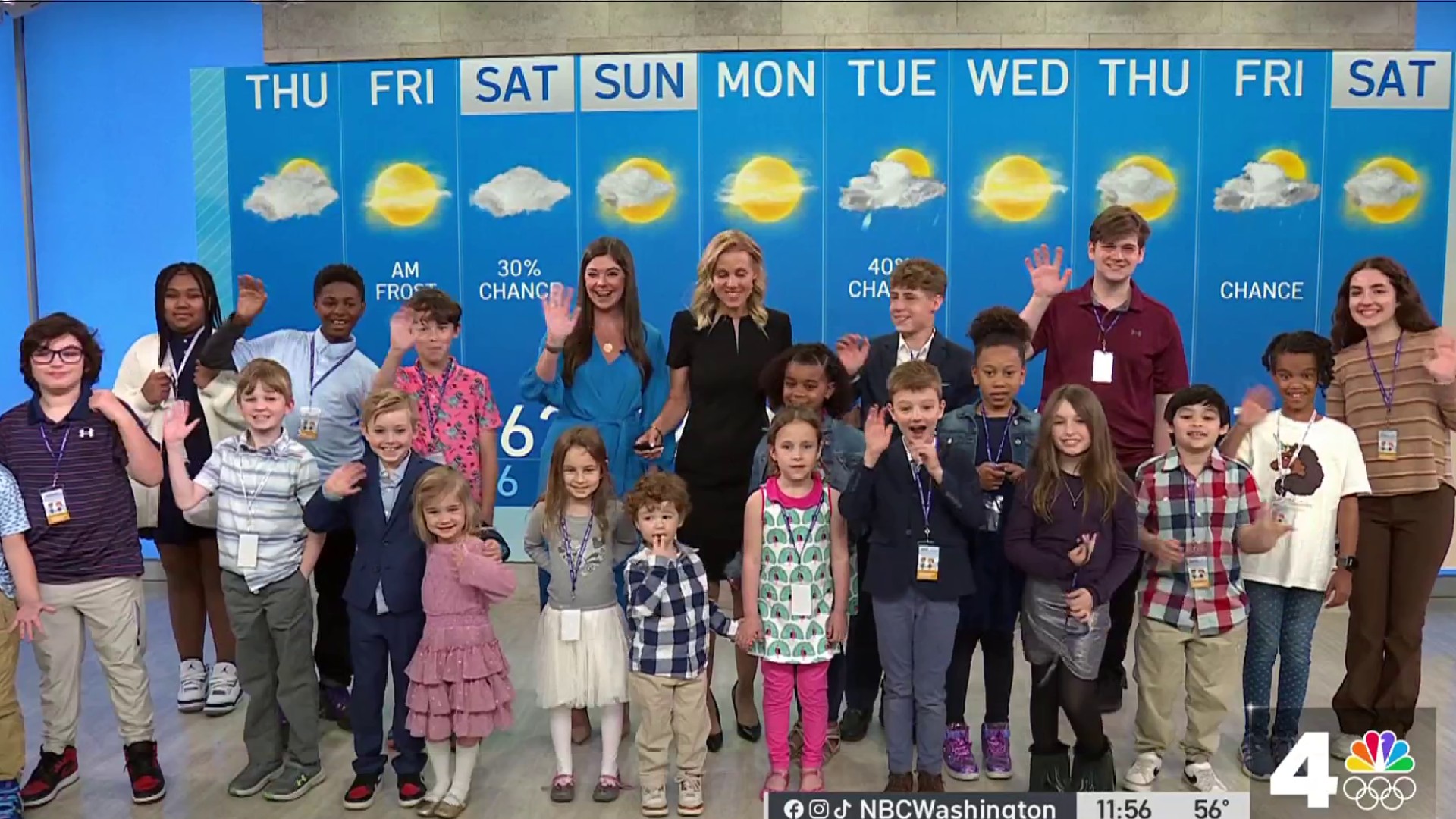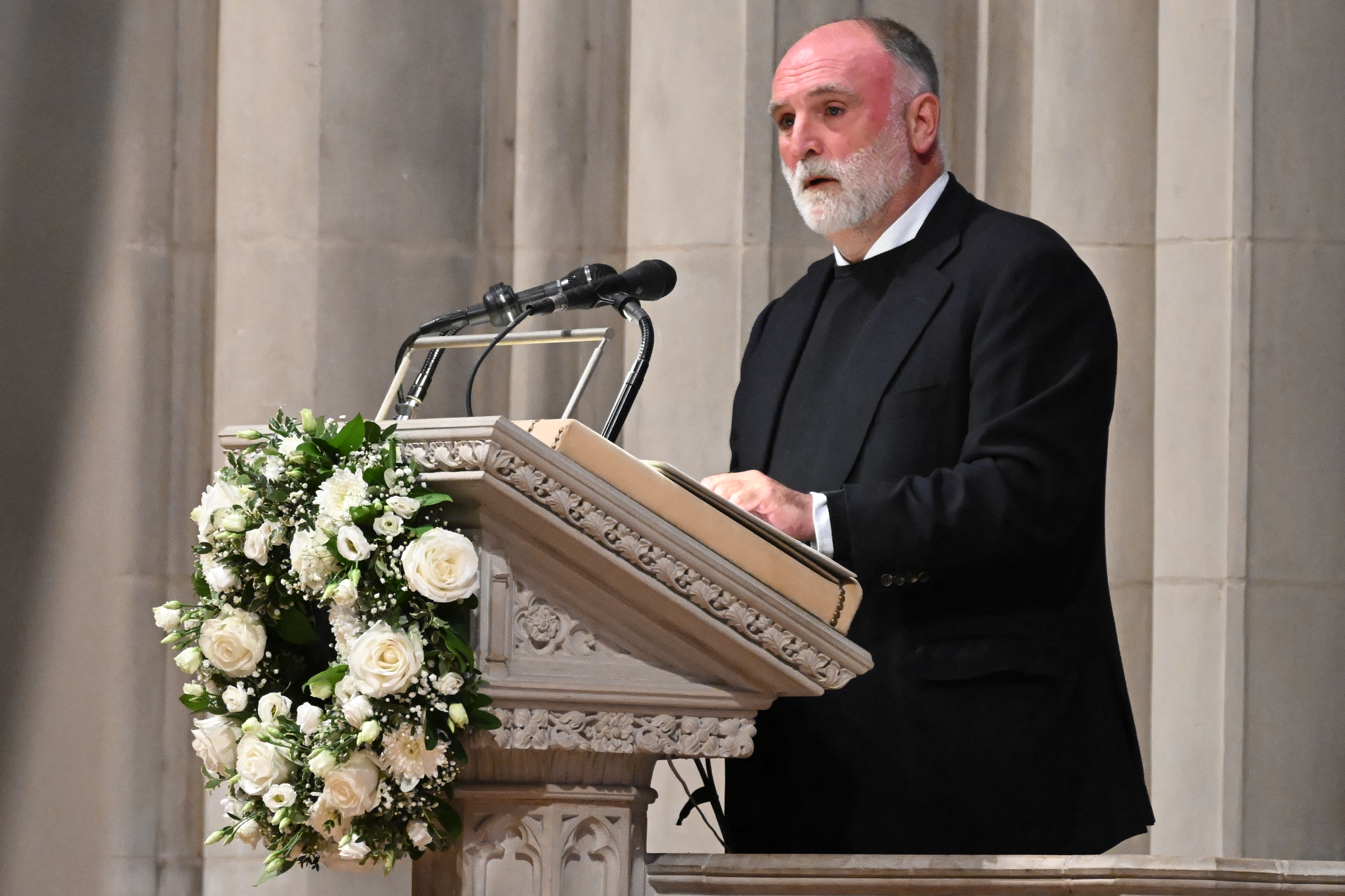A group of Maryland families and lawmakers renewed their push Wednesday to close a loophole in a state DUI law.
Noah's Law, named after Montgomery County Police Officer Noah Leotta, requires people convicted of DUI to get an ignition interlock device. However, drivers who have received probation before judgment, or PBJ, can avoid getting a device because PBJ does not result in a conviction.
"Drunk driving is such a violent, preventable crime, but for me, my family and all the families, this is a life sentence," Vickie Brown said at a news conference in Annapolis Wednesday.
Brown's family was returning home from a movie when her 12-year-old son Darius was killed in a DUI crash.
We're making it easier for you to find stories that matter with our new newsletter — The 4Front. Sign up here and get news that is important for you to your inbox.
"A drunk driver hit us going 125 miles per hour," Brown said.
She spoke in support of legislation to close the loophole in Noah's Law.
"We knew there was a loophole, but we were happy to get Noah’s Law passed and then attack the loophole. It's seven years later. We’re still here," Noah Leotta's uncle David Leotta said.
Local
Washington, D.C., Maryland and Virginia local news, events and information
"If this bill saves one life, it will be worth it," Montgomery County Assistant State's Attorney Robert Hill said.
Critics of the interlock devices have said they are embarrassing and excessive punishment. They’re installed for six months.
"First of all, driving drunk is not a mistake. It’s a crime, and second of all, this isn’t punishment. This is a tool of safety," Maryland State Sen. Jeff Waldstreicher said.
The cost of installing and maintaining the devices has also been at issue, especially for those with lower incomes. Lawmakers said Wednesday some residents can have those costs reduced or eliminated.
The House Judiciary Committee held a hearing for the bill Wednesday, where advocates said 30 other states have already closed the loophole in their laws.



